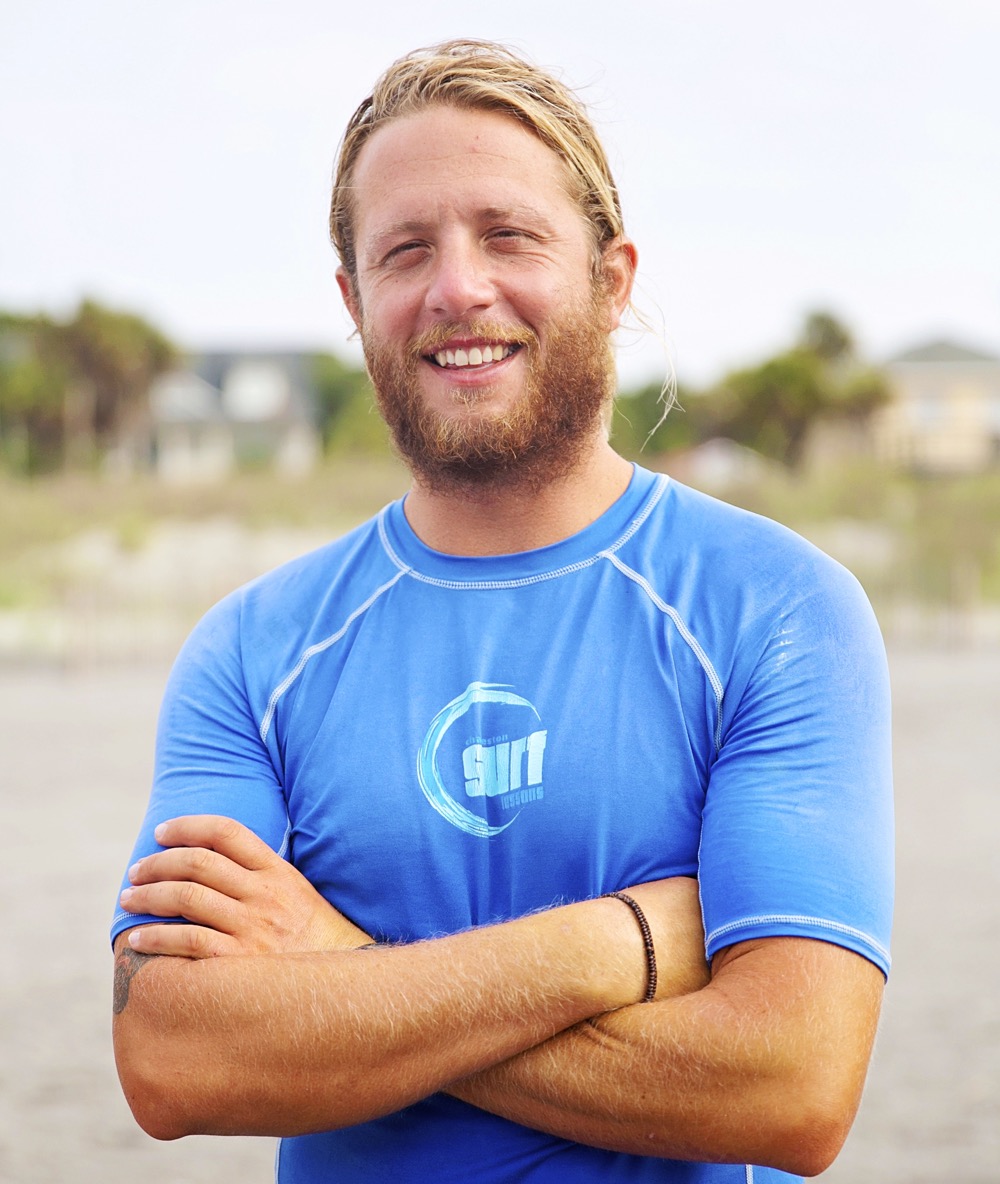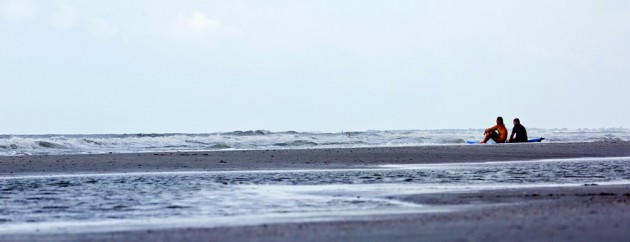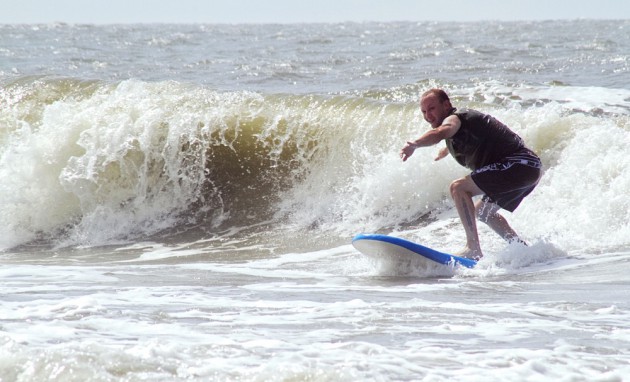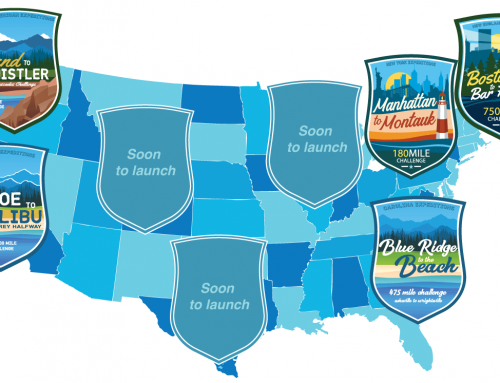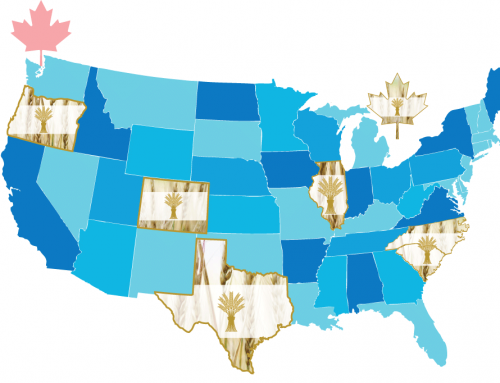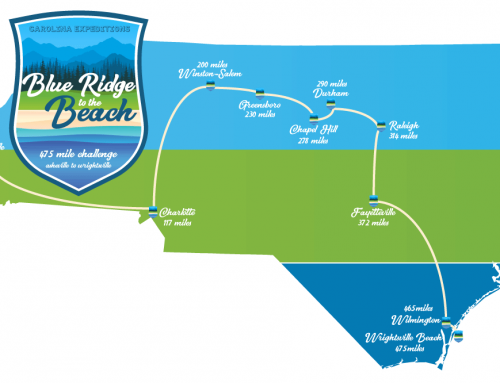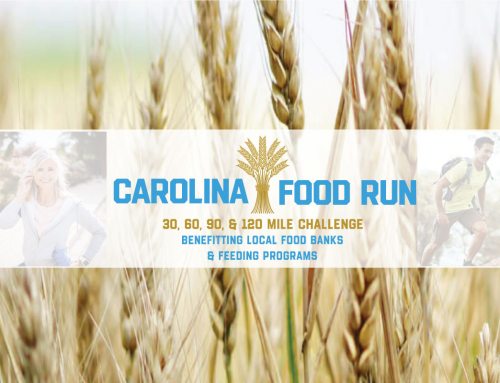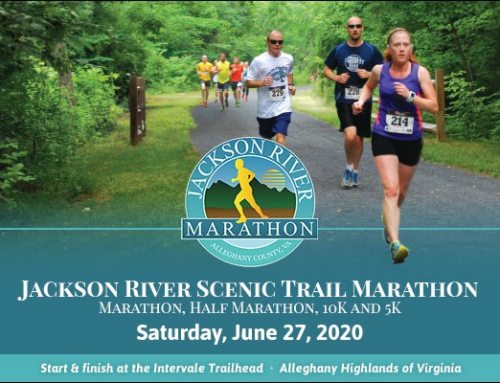<All photos courtesy of Kelly Dillon Creative>
By Megan Bryan
All of us who love the ocean know the feeling of standing beside the water and feeling small and somehow quieted. In a world of electronics, 24-hour news and constant connectivity, soaking in the wind, salty air, and crashing waves makes us feel human again. And for those of us who surf, we know the incomparable thrill of being lifted by a wave. For veterans returning from war, the basic elements of life—emotions, finances, responsibilities, family, and self care, can be an overwhelming challenge. After witnessing death, constant danger, instability, and often receiving bodily injury, returning to normal life can sometimes be impossible without help.
Warrior Surf Foundation in Charleston, SC was formed in 2015 by three surfers, Andy Manzi, Tyler Crowder (both combat veterans), and Josh Wilson, a former pro surfer and owner of Charleston Surf Lessons, to bring the healing power of the ocean to veterans whose lives, minds, and often bodies, have been torn apart by war.
Andy Manzi, President of Warrior Surf Foundation, is a Marine who served two tours in Iraq, only to return home to debilitating post traumatic stress disorder. After struggling to find his way for several years, Andy found surfing and was instantly hooked. Josh Wilson gave Andy Manzi a job and a chance when Andy first came to Charleston in 2012. Josh described Andy’s transformation through being in the water.
“Andy had a huge heart and a love for the sport, but struggled daily mentally with his own issues from his time in war. By getting in the water and doing what he loved, and helping others, the surfing slowly changed him. It’s a selfless act when you are coaching and teaching and you get to see someone else get the reward. Over about a 15-month period, Andy was getting better consistently. The emotional roller coaster wasn’t there nearly as much after a year. What was cool was that when he was coaching and teaching you would never have known he was struggling because it took him away from his thoughts and issues. You would have never known he dealt with severe PTSD unless I told you. I was just his cheerleader and a shoulder to lean on.”
Through surfing, Andy gained the strength to finally seek out the professional help he needed to process the difficult memories from his time in war, and his symptoms quickly abated. Andy’s story was published in early 2015 and the response was overwhelming. As Andy’s story circulated, veterans who heard of his recovery began to think, “If Andy can do it, maybe I can?”
Tyler Crowder and his wife, Sarah Ann, are both veteran Army medics who met while training in Fort Sam Houston. Tyler completed five deployments in Iraq and Afghanistan, and saw what he describes as “Horrible things. When I signed up to be a medic I knew I had better be prepared to see the worst of the worst. You have your hands deep in really bad wounds. I saw things on a regular basis that most people could never handle.”
After each deployment to war, Tyler, who grew up surfing in Wrightsville Beach, NC, would surf to feel better. In 2011 Crowder was medically discharged for a broken back and experienced firsthand the frustrations of navigating the VA for help. “Some people could get in and out quickly. Some vets would wait for years for help.” The couple looked for a way to start a program to help other veterans by getting them outdoors. Nothing seemed to come together until Josh Wilson introduced Tyler to Andy Manzi.
Tyler and Andy exchanged stories, and found that the same VA researcher had been tracking their progress with surfing as a way to heal from PTSD. The two veterans put their heads together, and Warrior Surf Foundation was born.
Wilson, a father of 3, has been surfing for 33 years. After spending years on the professional circuit and coaching for 13 years, he is drawn to working with folks with disabilities— blind, deaf, autistic, paralyzed, and anything in between using surfing as away to bring struggling people back to life. Josh has a knack for spotting the folks who might have been kicked around a bit by life and might need a little help. One of his favorite stories was of a 35-year-old man who used to ride around the Tides Hotel in Folly Beach, SC, in a wheelchair.
“People thought he was crazy. He couldn’t talk, and was completely disabled from multiple sclerosis.” One day a friend approached the instructor at Charleston Surf Lessons and said with a chuckle, “Hey, this dude wants to surf.” The young man had typed onto his monitor that he wanted lessons. Most people would have laughed it off, but not Josh. “I said, ‘Ok, let’s go!’ I got a rubber wheelchair and hoisted his ass to the beach. I caught waves on the board with him, and by the end of the lesson I had him riding in on his belly. His mom said he had told her it was the best day of his life.”
Wilson works with one teenage girl who is paralyzed as a result of having suffered a severe stroke in the womb. Though her entire left side is immobile, she has come for surfing lessons for three years in a row. “We have our system: I put her on the nose of the board and she wears a life jacket. I pick her up by her legs and surf her in.” Crazy? Not to Josh and this crew.
Last year the seasoned surfing coach gave lessons to a 22-year-old amputee, a woman who had lost her leg from the waist down. “During our land lessons, as I am teaching people to keep their eyes up, I always say, ‘What is our foot attached to? Our ankle! Our foot isn’t going anywhere.’ She laughed and said, ‘Uh, Josh mine could!’ Once while we were surfing she said, ‘Um, Josh, this is embarrassing but can you push my leg back on?’ I did, and she got up and surfed.”
What drives Josh Wilson to give up his time for people with disabilities?
“It is the idea of fighting an obstacle whether medical or mental. I have overcome my own obstacles with addiction. I was on top of the world as a pro surfer and made some bad choices and found myself on the streets and homeless. Someone gave me a helping hand, and I want to help others. Being able to see someone overcome a mental or physical ailment… there’s nothing more powerful. Just because someone is blind doesn’t mean they are dead.” He continues, “There’s power in the water. When someone does something that they would not normally do and they let their pride and ego down and see how much fun it is, surfing can be a new addiction.”
Andy, Tyler, and Josh work directly with veterans, relating to them as a veterans, as PTSD sufferers, and as surfers.
I spoke with one anonymous female veteran at the surf clinic (we will call her Beth) who is still haunted by the difficult memories from two tours in the Middle East. Returning from war, as she explains, “The only emotions I could feel were ‘ rage and nothing’”. Beth details her daily life, “It feels like I am a shell and life is just passing by me. [The PTSD] affects every aspect of my life with my family. I don’t sleep, I don’t have friends… I got so used to uncertainty and ‘unsafety’.”
Like so many veterans who return from war with PTSD, leading a normal life felt impossible. Searching for an outlet for her children, Beth contacted Charleston Surf Lessons. “Josh and Andy were the first guys I trusted with my kids.” Beth decided to try surfing for herself, and now takes lessons six days a week.
Though Beth had sought professional help, she never quite felt safe enough to open up. Many of the traditional therapies offered for PTSD involve prescription drugs and recounting painful details. “It feels like voyeurism when people ask me about the details.” Beth tenses up, “A month ago even considering talking about [my difficult memories] was not on the radar.” But when Beth found surfing, “I got my ass kicked, in a good way, the first few times. I began surfing and I began to open up to a few safe people.”
So what is it about surfing that has such a positive effect on people with disabilities, particularly PTSD? Science is actually backing what surfers instinctively know to be true about catching waves: surfing heals you. There are several components to the act of surfing that positively change a person’s mental state:
- The movement of the water, which creates negative ions. These ions are scientifically and medically proven to positively change a person’s mental state.
- The challenge of crashing waves, which mimics the challenges of battle, but with a soothing effect. As Josh Izenberg, director of the film “Resurface” describes, “The ocean itself has the cathartic ability to wash away negative emotions by putting them in a context of something much bigger and more powerful than someone’s individual life existence.”
- Setting goals and accomplishing the goals and experiencing “flow” or being “in the zone”.
- The rhythmic movement of the water, which soothes the overstimulated nervous system.
- Physical exertion leading to a healthy exhaustion, causing better sleep for PTSD sufferers.
Erin Jones, LISW, has worked with the VA for over six years treating PTSD, depression, and anxiety. Jones will be offering counseling services based upon “flow therapy” and “adventure therapy” combining surf lessons with counseling services when veterans are ready for it. Therapy sessions will be conducted on the beach, by the water, away from any clinical setting.
Warrior Surf Foundation has partnered with Palmetto Warrior Connection, a regional nonprofit which offers free services to veterans. Katie Roosevelt, LISWCP, one of the directors of Palmetto Warrior Connection, explains, “Palmetto Warrior Connection aims to be the first stop shop for veterans in need whether it is housing, employment, education, benefits, or mental health support. We come beside them and point them in right direction. We believe in a holistic approach, looking at the person, their environment, and their very specific needs. We are there to point wounded veterans towards further help when they are ready for it.”
The goal of Warrior Surf Foundation is to help veterans in any way they need, and surfing is simply the entry point. Providing someone who is struggling with a dose of fun and freedom opens the door. Counseling, medical help, and practical, physical needs can be addressed through the partnerships as the whole person begins to heal. As Tyler Crowder puts it, “We all have different stories, but the same goal: to get better. We are veterans who want to provide a place for veterans to come out and hang out. We are a big family.”
# # #
Megan Bryan writes a blog about living a healthy, active life in the sun. She loves to surf, standup paddle board, and play in the ocean. And eating clean fuels all the fun. On her blog, www.saltwaterchef.com, she writes stories about adventures on the water and pursuing health, and shows you products and recipes to help you in your own adventures.


